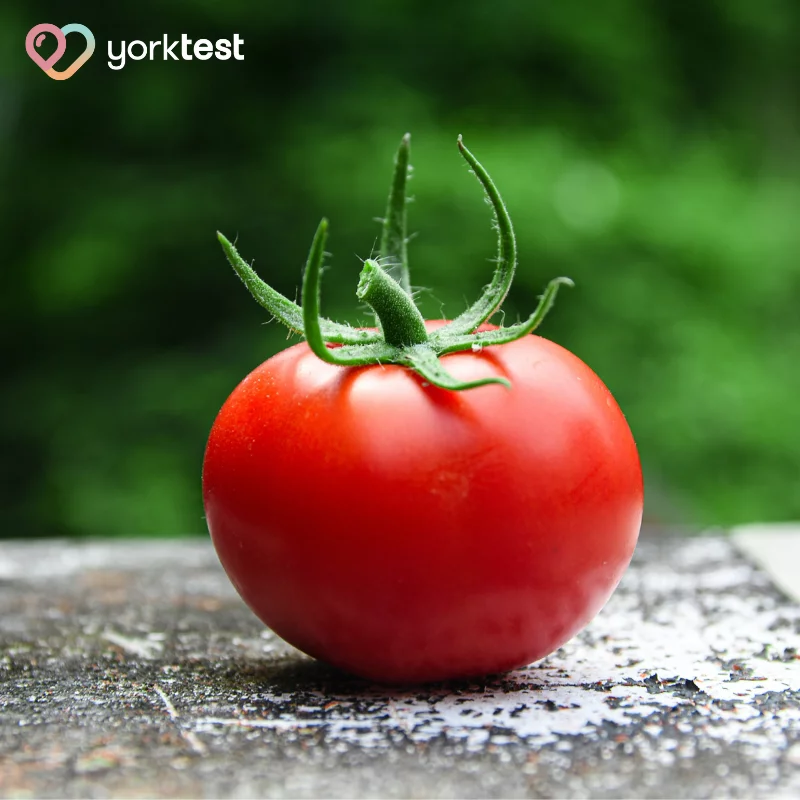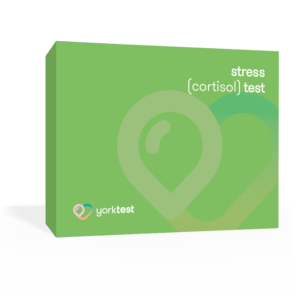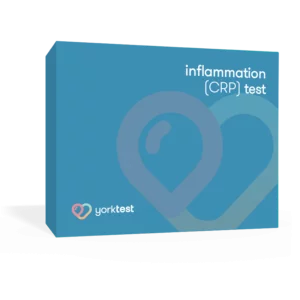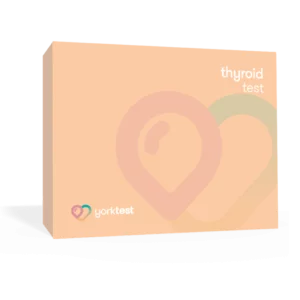Tomato Allergy or Tomato Intolerance?
A tomato allergy is different to a tomato intolerance (also known as a tomato sensitivity), but both are common due widespread consumption. Americans consume around 30 pounds of tomatoes each year, making it the second most popular vegetable (although it is technically a fruit) behind the potato. Most of this consumption is in the form of sauces like for pasta, pizza, or just plain ketchup. Find out more about tomato intolerance and whether your digestive issues could be tied to the fruit.
Tomato Allergy Symptoms
A tomato allergy is an IgE reaction, whereas a tomato intolerance is an IgG reaction, meaning the symptions are differenct and also the time in which they appear. Tomato allergy symptoms typically appear almost immediately after consumption, which is in contrast to tomato intolerance symptoms which can take several days to appear.
Common tomato allergy symptoms include:
– tomato allergy rash or irritation (dermatitis), often on the face or throat
– swelling, especially on the face and throat
– tomato allergy eczema
– abdominal pain, nausea, sickness
– rhinitis
– anaphylaxis, however this is rare
Tomato allergy symptoms can be difficult to attribute to specific cause, as tomato is often consumed with other common allergens such as milk in cheese or wheat in bread. Also as tomatoes are Solanaceae (Nightshade) plants people suffering with tomato allergy also sometimes react to other Solanaceae foods, including some widely consumed foods such as potato, all types of pepper and eggplant.
It can be even more difficult to identify the cause of tomato intolerance symptoms due to the delay meaning it can be difficult to identify within a wider diet, which is where our Food Intolerance Test can help to test for over 200 food and drink ingredients.
Tomato allergy is one of the most common allergies, however thier incidence is low compared to case of tomato intolerance (sensitivity). However if you think you experiencing tomato allergy symptoms, you should seek medical attention.
What is tomato Intolerance?
A tomato intolerance or sensitivity occurs when your digestive system reacts adversely after eating tomatoes. There are different types of food sensitivities when it comes to tomatoes: chemical sensitivities to the alkaloids, reactions to the acid content, and IgG reactions to the proteins in tomatoes.
Alkaloid Sensitivity
As part of the nightshade family of plants (Solanaecae), tomatoes contain chemical compounds called alkaloids that can come in the form of solanine. While the alkaloids in nightshade foods are generally minimal, you may still find your digestive system cannot process them. If you tend to show signs of sensitivity to other nightshade fruits and vegetables you may also find you are sensitive to tomatoes.
Other nightshade fruits and vegetables include:
- White potatoes
- Eggplant
- Bell peppers
- Paprika
- Goji berries
Acid Reflux and Heartburn
Due to the acidic content of tomatoes, some may also suffer from gastroesophageal reflux disease (GERD) or heartburn which occurs when stomach acids back up into the esophagus, which can cause discomfort in the chest area. Whether it’s fresh tomatoes or canned, it’s best to just avoid tomatoes altogether if you suffer from heartburn.
IgG Tomato Intolerance
An IgG tomato intolerance occurs when your IgG antibodies react to tomatoes causing inflammation in the body. This can occur anywhere from 3-72 hours after consuming tomatoes, making it difficult sometimes to pinpoint the exact ingredient that is affecting your digestive system.
It is important to note that a tomato intolerance is not life-threatening, although it can cause you a lot of discomfort. However, others may show more serious allergic reactions, where even just touching the fruit could trigger their tomato allergy. Food allergies are serious immune responses that are life-long unlike IgG sensitivities which can be overcome in time. Taking a food intolerance test can help you find out whether your immune system is responding to tomato proteins.
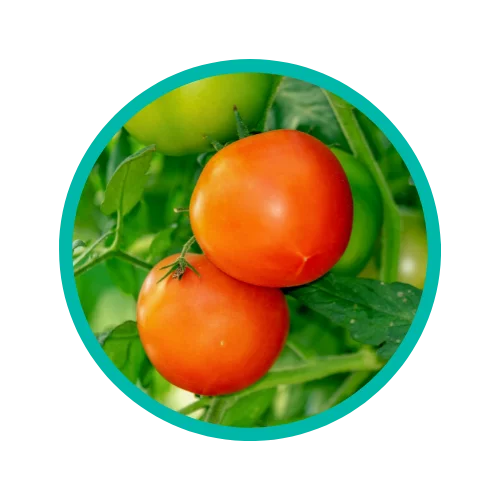

Testing for Tomato Intolerance
In order to find out whether your symptoms are indeed tied to a tomato intolerance, we recommend taking a food intolerance test to determine whether a intolerance to tomatoes is to blame and whether there are other ingredients that are also affecting you. At YorkTest, we analyze your IgG antibodies 1-4 through a finger prick blood sample, one of the most accurate methods of testing.
The blood test identifies over 200 ingredients to which you may have food intolerances and their severity in an easy-to-understand traffic light system. Once you have your results, our team can help guide you to understand your food intolerances, as well as advise on how to interpret your results in your everyday diet.
Foods to avoid if you have a tomato intolerance
If you have a tomato intolerance or a tomato allergy foods to avoid include:
- Raw tomatoes
- Spaghetti Sauce
- Ketchup and BBQ sauce
- Canned tomatoes
- Sun-dried tomatoes
It is important to note that preserved or canned tomatoes could have other ingredients that may be affecting you more so than the tomato itself, but a food intolerance test can aid in determining which ingredients these may be.
Easy Food Swaps for Tomatoes in a Balanced Diet
If you do find that you have a intolerance to tomatoes there are some easy swaps so that you can still enjoy your favorite pastas, salads, and soups. These substitutes include:
- Beets – If you’re looking to add some sweetness to your salads or a substitute base for pasta sauces, beets can be a great substitute packed with Vitamin C that you would get from tomatoes.
- Carrots – Similar to beets, carrots can be a great substitute base especially in soups and are a great source of beta-carotene .
- Grapes – Why not substitute cherry tomatoes in your salad with grapes for a boost of Vitamin C?
- Gooseberries – While slightly unconventional, gooseberries could be a good substitute for tomatillos in salsa verdes to put on your tacos.
If you suspect you have an underlying food sensitivity, a Premium Food Intolerance Test may help you in gaining back control of your health and improve your relationship with food. With your test results in hand and in line with your doctor’s advice, you can go on to a successful elimination diet, making the right food swaps to put you at ease.




